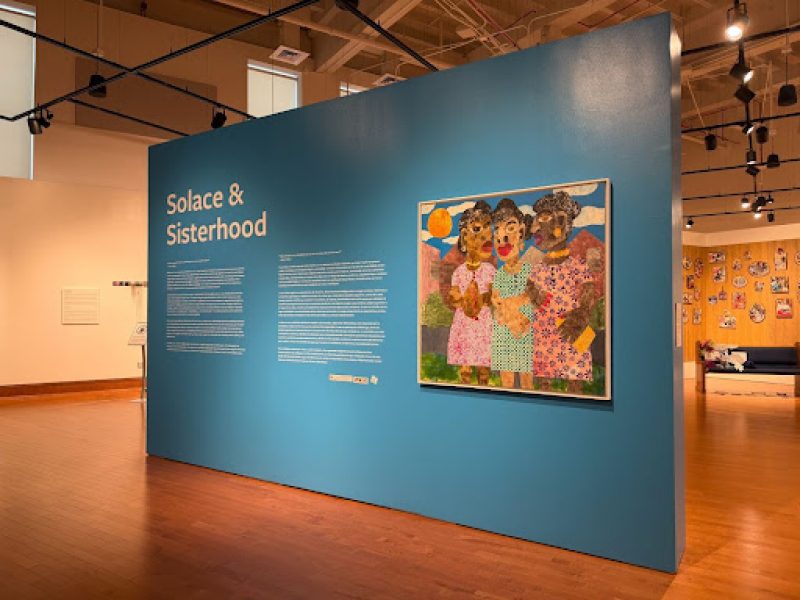M.I.A.’s new album, AIM, fell short. Why? Because we’ve heard it before.
The chills and adrenaline that come with hearing something for the first time have already fizzled out after her previous albums Maya and Matangi. It’s scientifically shown that our brains love music. It even helps us develop language skills from an early age. However, this album did not inspire the same enjoyment because much like a favorite song becomes tiring after the radio plays it on repeat, the album felt and sounded old.
The topics M.I.A. — born Mathangi “Maya” Arulpragasam — includes in her music are pressing and relevant to today’s political climate. But without a unique sound to pull new listeners in, this album can’t stand on its own.
If M.I.A. aims to expand her listener base and proliferate her message, she must reach beyond those listening to this album who are already on board. Her new music creates an echo chamber rather than expanding the conversation and bringing in curious new listeners.
Some lyrics are vague and lack a clear argument for the listener to follow. In her earlier albums, M.I.A. fell in line with artists such as Shadia Mansour, Calle 13 and Ana Tijoux, to name a few. Upon listening to these artists and M.I.A.’s previous music, the standard for her new album is set and clear.
The best part of the album is a song she’s already released: “Borders,” a track marred by its unfortunately controversial music video, which some groups thought promoted white genocide.
M.I.A. is confronting issues of identity and persecution, but many of the tracks within this album lack an explicit conflict, especially for listeners who are just coming to understand her music. Some tracks sound like they are on a loop. For example, “Jump In” becomes repetitive and tiresome.
This is not to say that M.I.A., who is also a director, visual artist, photographer and model, does not make arguments that are vital to today’s conversation about immigration.
In an interview with Al Jazeera, she said: “As a refugee, I wasn’t really in a position to turn around to these people and say, ‘Don’t come.'”
This sentiment is clear in this album with lyrics in “Jump In” such as “When I see that border/ I’m gonna cross the line/ When I see that dream, I’m gonna make it mine.” Some tracks are less a battle cry and more an anthem of solidarity with newcomers.
She continues to stand in solidarity with Syrian refugees, saying: “Go hit the sea, go hit the sea like/ Noah’s ark illegal.” Her message is poignant, but the delivery is not up to par with previous albums.
Though provocative, in order to continue a meaningful conversation about the refugee crisis, the album needs something more. Voices such as hers are rare, and to be noticed they must be eye-catching and original.
It may be unfair to decry her work when she stands courageously for those who desperately need a voice. Yes, the sound of her new album isn’t as exciting or original as in the past, but that doesn’t mean her message isn’t still brave and important.



